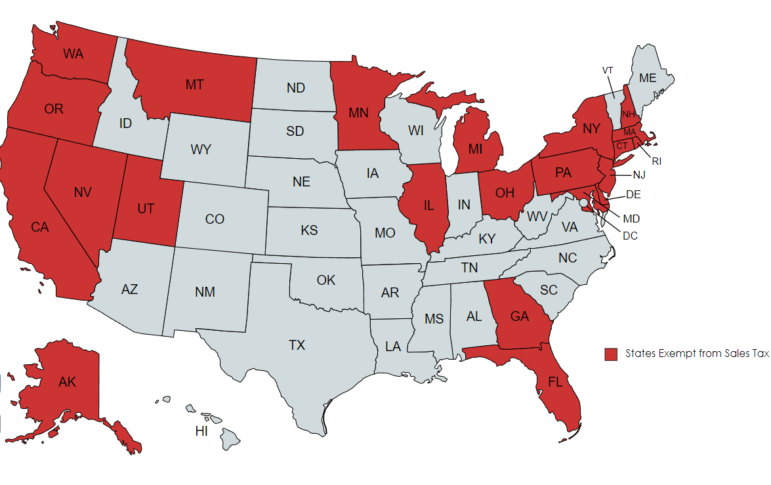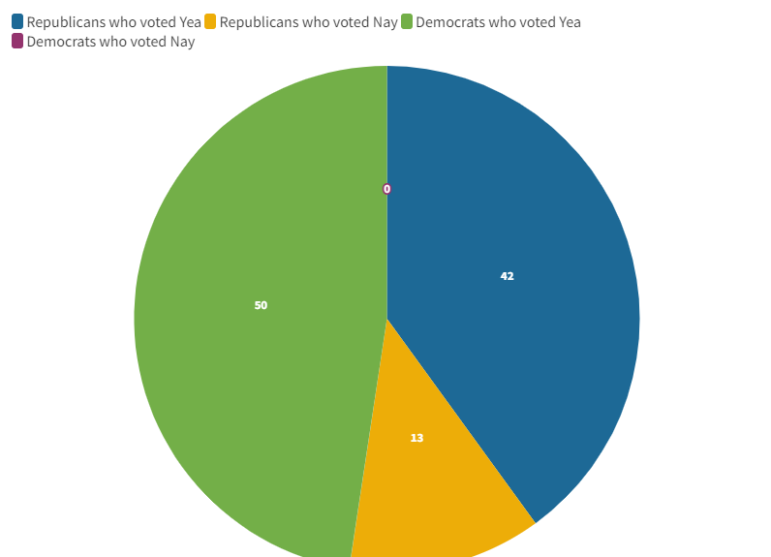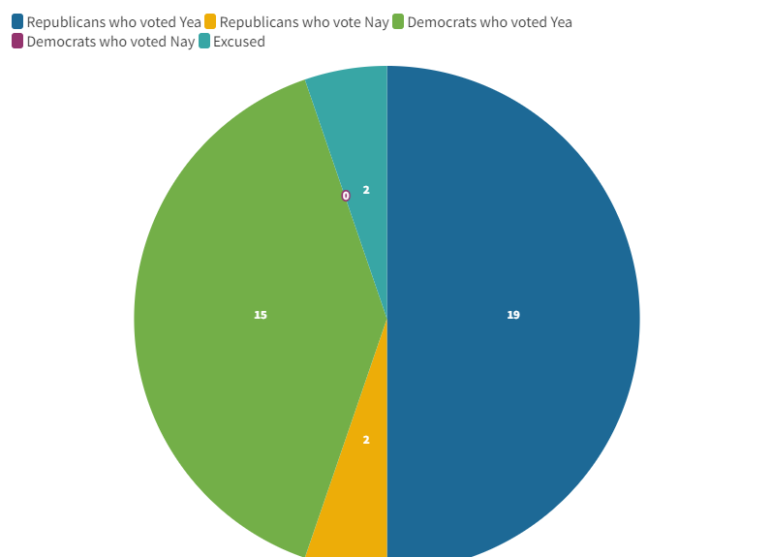Ann Arbor made national history on Nov. 18 becoming the first city in the United States to require menstrual products in public restrooms.
An ordinance, approved unanimously by the Ann Arbor City Council, mandates that menstrual pads and tampons, along with the already required soap and toilet paper, must be provided for free in all public restrooms.
The ordinance takes effect Jan. 1. Ann Arbor Mayor Christopher Taylor said, “There is no model that businesses have to follow when it comes to introducing the product … They can have a dispenser, or they could set up something small such as a wicker basket.”
Taylor said he hopes other cities follow Ann Arbor’s lead. “There has been a positive response to the ordinance,” Taylor said. “We feel that it is important to bring awareness to the issue that women should have the right to access these products in public.” If a local bathroom fails to issue free products, the company could face a $100 fine.
Also in November, Michigan became the 22nd state to exempt menstrual products from Michigan’s 6% sales tax. On Nov. 4, Gov. Gretchen Whitmer signed HB 5267, a part of the bipartisan package to repeal the sales tax on products such as tampons and pads, which cost around $7-$10. It is estimated that a woman spends almost $2,000 on products during her lifetime.

This bill was introduced by Republican Rep. Bill Posthumus on Aug. 17. He worked to make the bill a bipartisan issue. Overall, the bill was passed on the Senate floor and brought to the desk of the governor. It also will take effect Jan. 1


While it is still early, University of Michigan junior actuarial mathematics major Kristen Nicolino said she has not noticed any changes to public restrooms in the area yet.
“I thought it’s really cool that Ann Arbor was the first city,” Nicolino said. “Living in Ann Arbor and seeing such a monumental moment for women all around the country, I feel like it is going to spark so many other cities joining in and doing the exact thing.”
East Lansing Mayor Pro Tem Jessy Gregg said she hopes the City Council will follow suit in providing menstrual products in public bathrooms.
“It hasn’t come up yet, but I don’t think that means we’re not going to talk about it,” Gregg said.
East Lansing just had a City Council election in November. Gregg said the changes that come with an election partially explain why the City Council has not discussed menstrual products yet. She said any progress toward making menstrual products accessible is positive and she would love to see some action on that.
Michigan State University currently does not supply free menstrual products on campus. Kat Cooper, director of communications for the Division of Residential and Hospitality services for MSU, says the products will remain at 25 cents.
“The menstrual product dispensers located in our public facilities do not charge sales tax, so there will be no changes made,” says Cooper, who worked for the MSU Union as a marketing and sales manager.

In June 2021, Associated Students of Michigan State University, or ASMSU, passed a bill requesting the university provide free menstrual products in all campus restrooms. The bill specifically called for support from MSU Infrastructure Planning and Facilities, or IPF, to implement the changes. ASMSU Vice President for Student Allocations Harsna Chahal said the university is looking to get funding for the initiative, but that ASMSU has not heard support yet from IPF.
“I don’t think it should be on the students, I think it should be the university providing the resources,” Chahal said.
ASMSU is working with city officials on a bill advocating for free menstrual products in all East Lansing public restrooms. Chahal said some ASMSU members met with the East Lansing City Council to discuss the bill and received support from Mayor Bacon. Chahal said she hopes that if the city passes an ordinance requiring free menstrual products in all public restrooms, it will push MSU to do the same.
Another MSU organization working toward implementing free menstrual products is Mission Menstruation.

Nupur Huria with Gov. Whitmer
Courtesy photo of Mission Menstruation
Member Nupur Huria is currently working toward change. “I believe that a first step to offering free products is opening up the conversation surrounding menstruation in the first place.
“Currently, I am working to add these free dispenser locations to the MSU Mobile App to make them more easily accessible.”
“I, personally, am so excited to be a part of this organization. Over the past few months as a student advocate, I have had the opportunity to make a real impact on my East Lansing community, which has been amazing. I have also met so many motivational and empowering individuals with who I love working, and I can’t wait to see what we accomplish together over the next few years. I’ve always been passionate about this movement and love that MSU is constantly working towards a more equitable community,” said Huria.